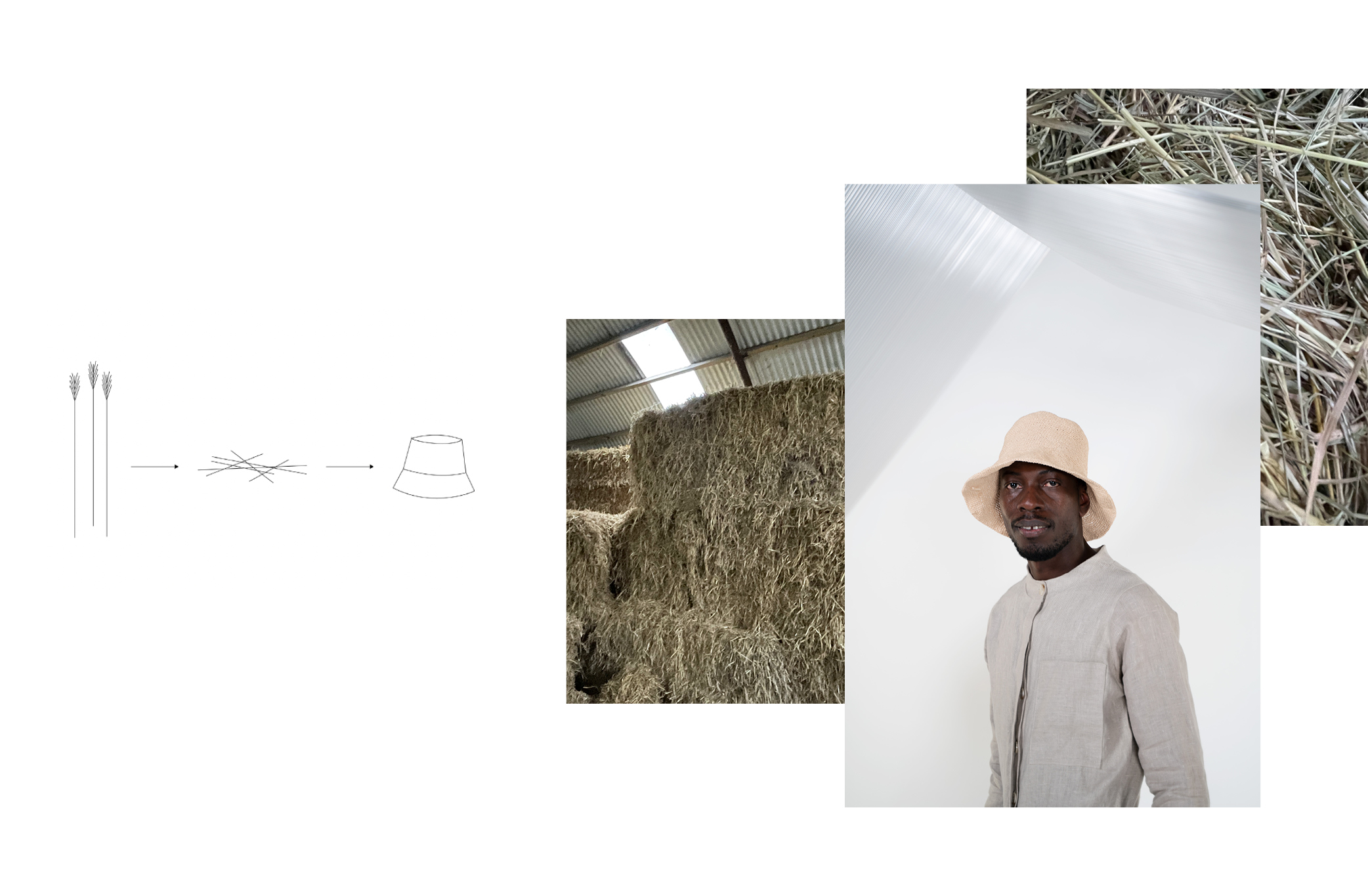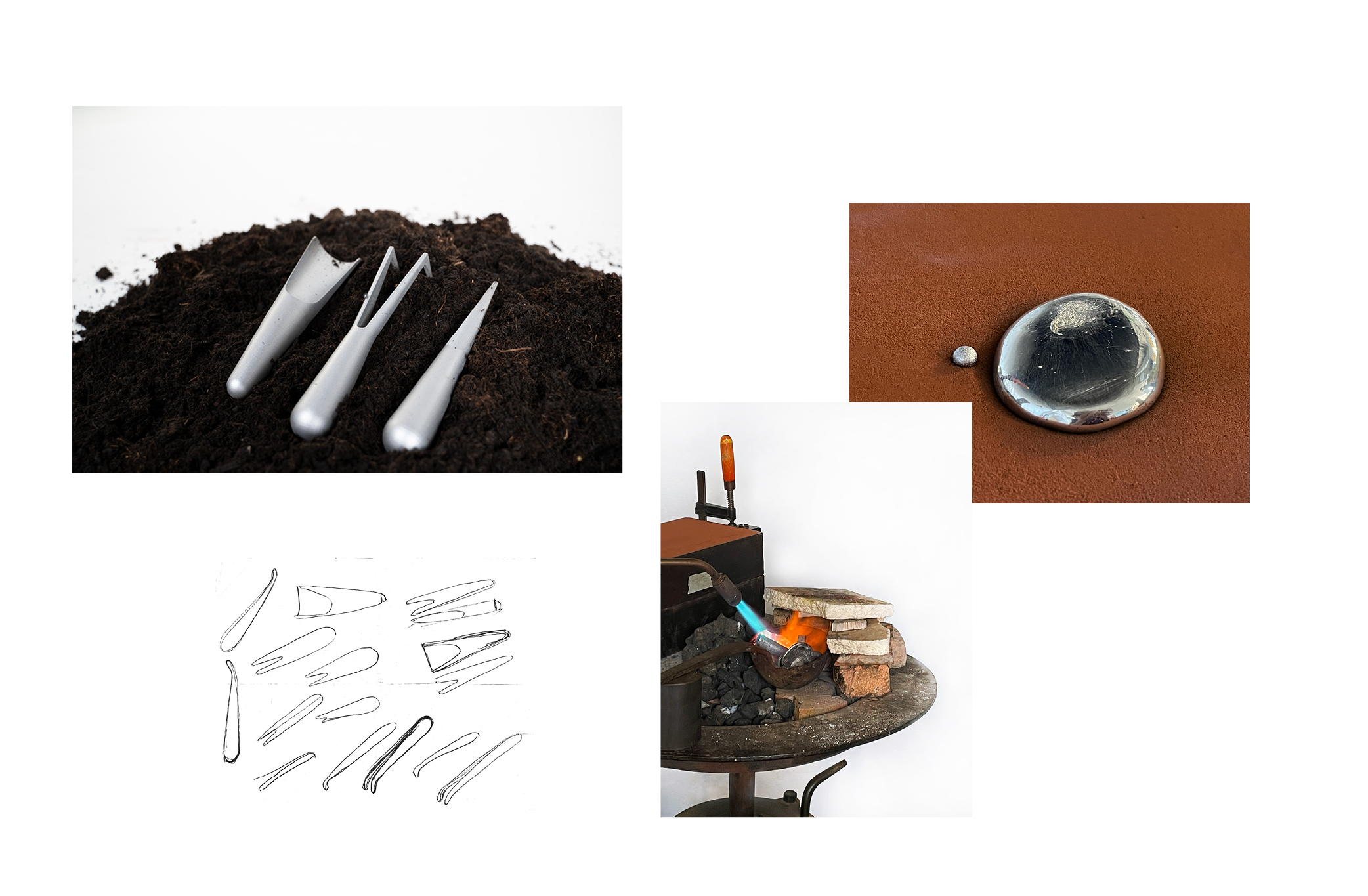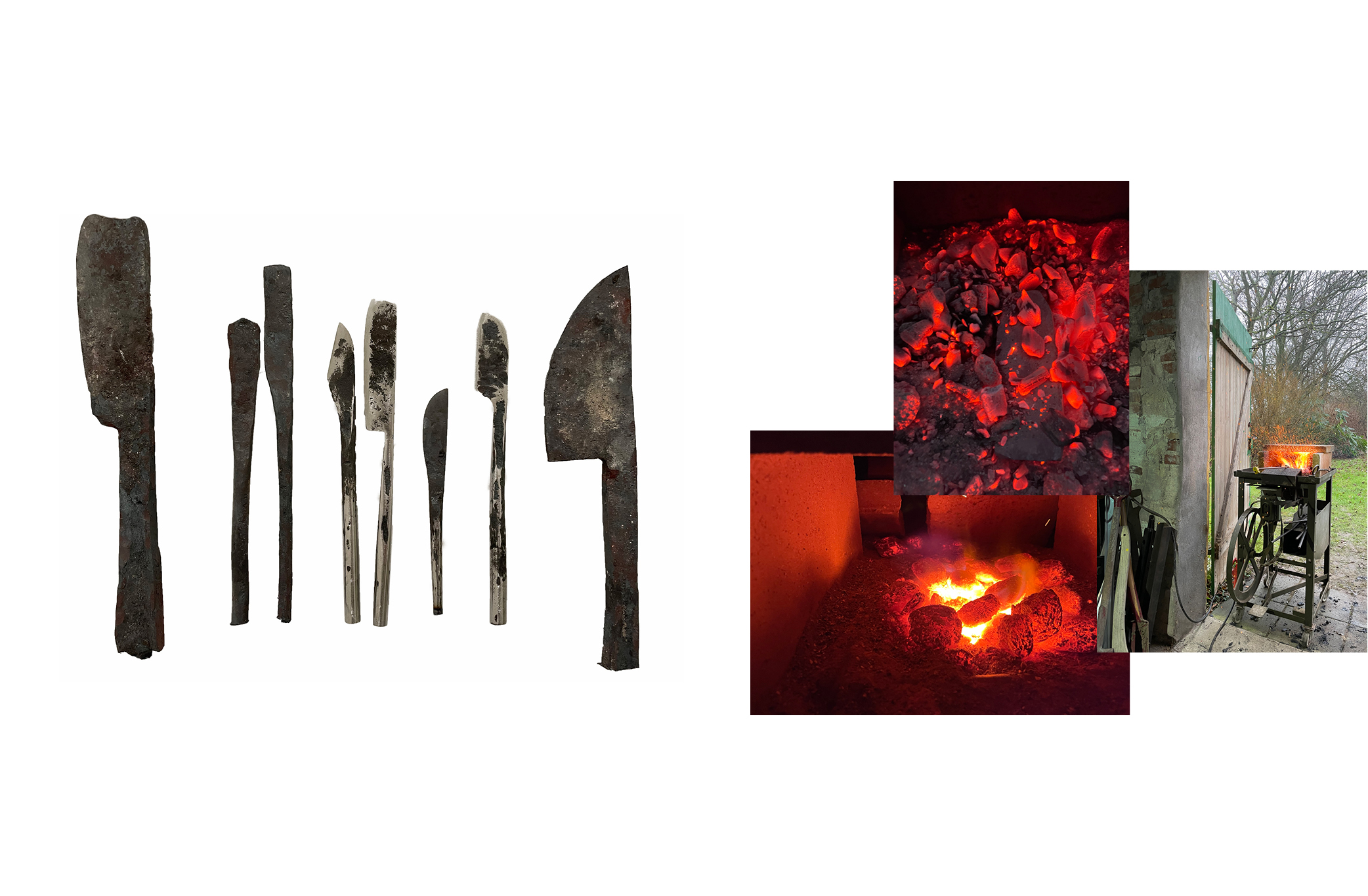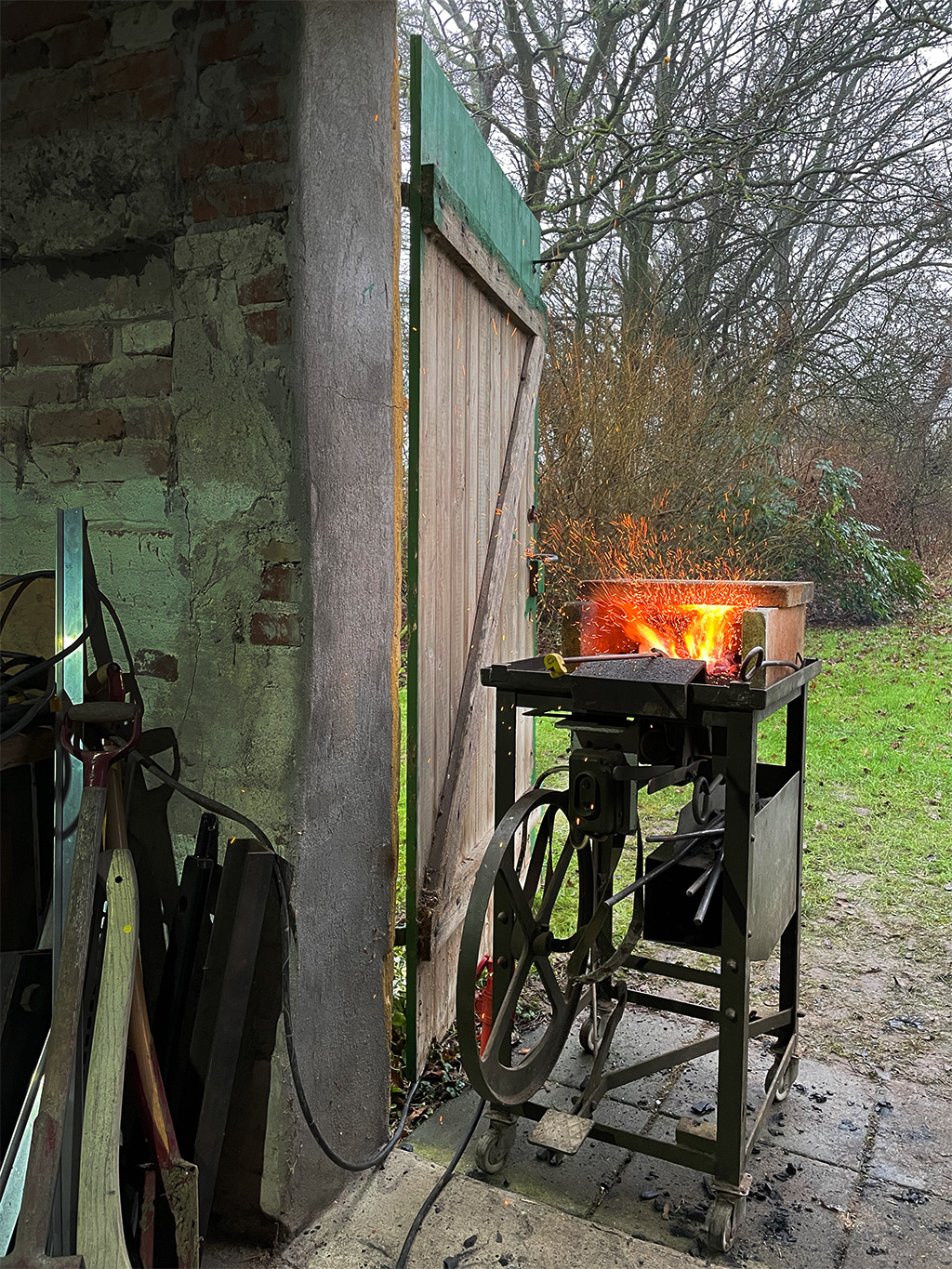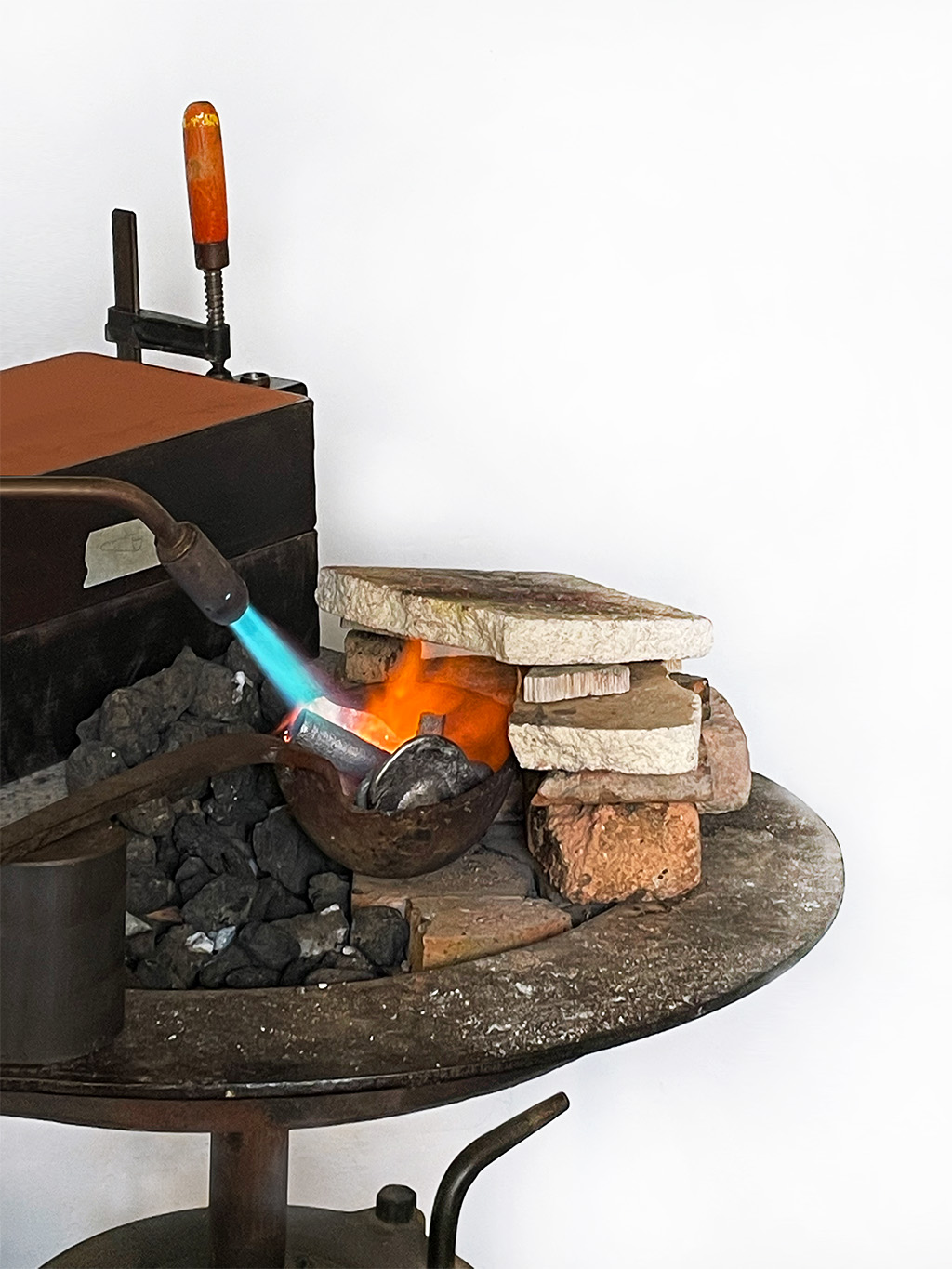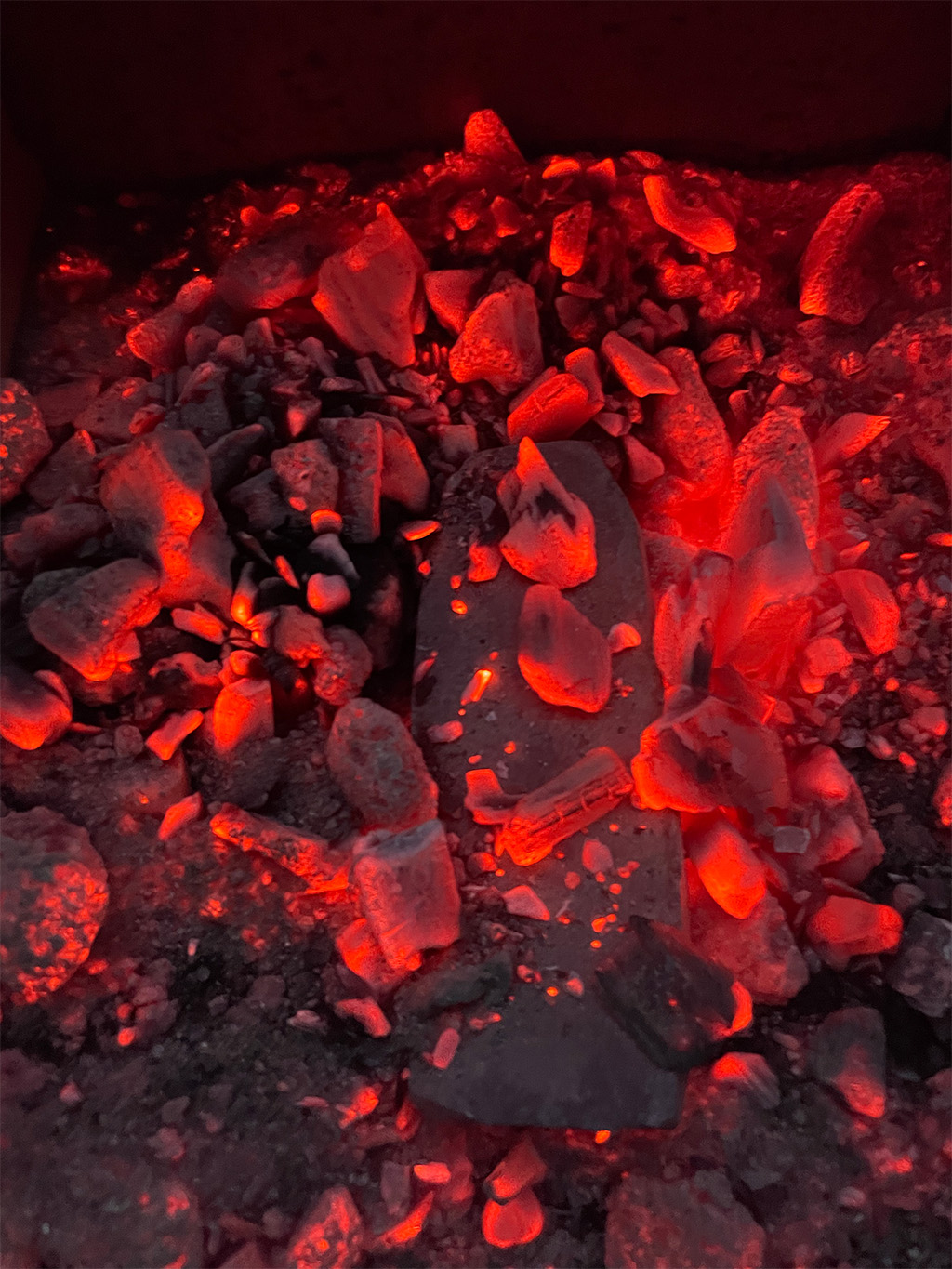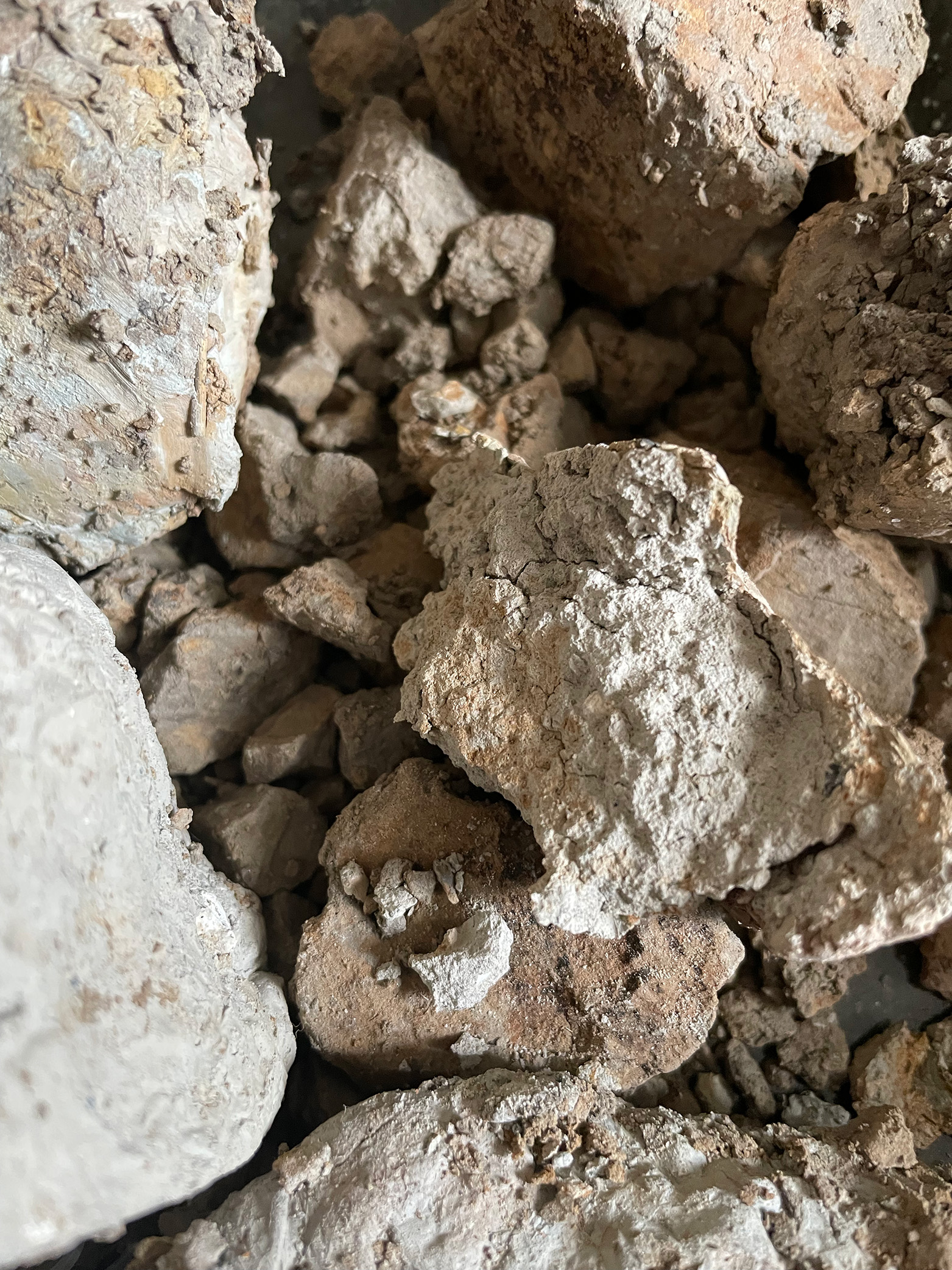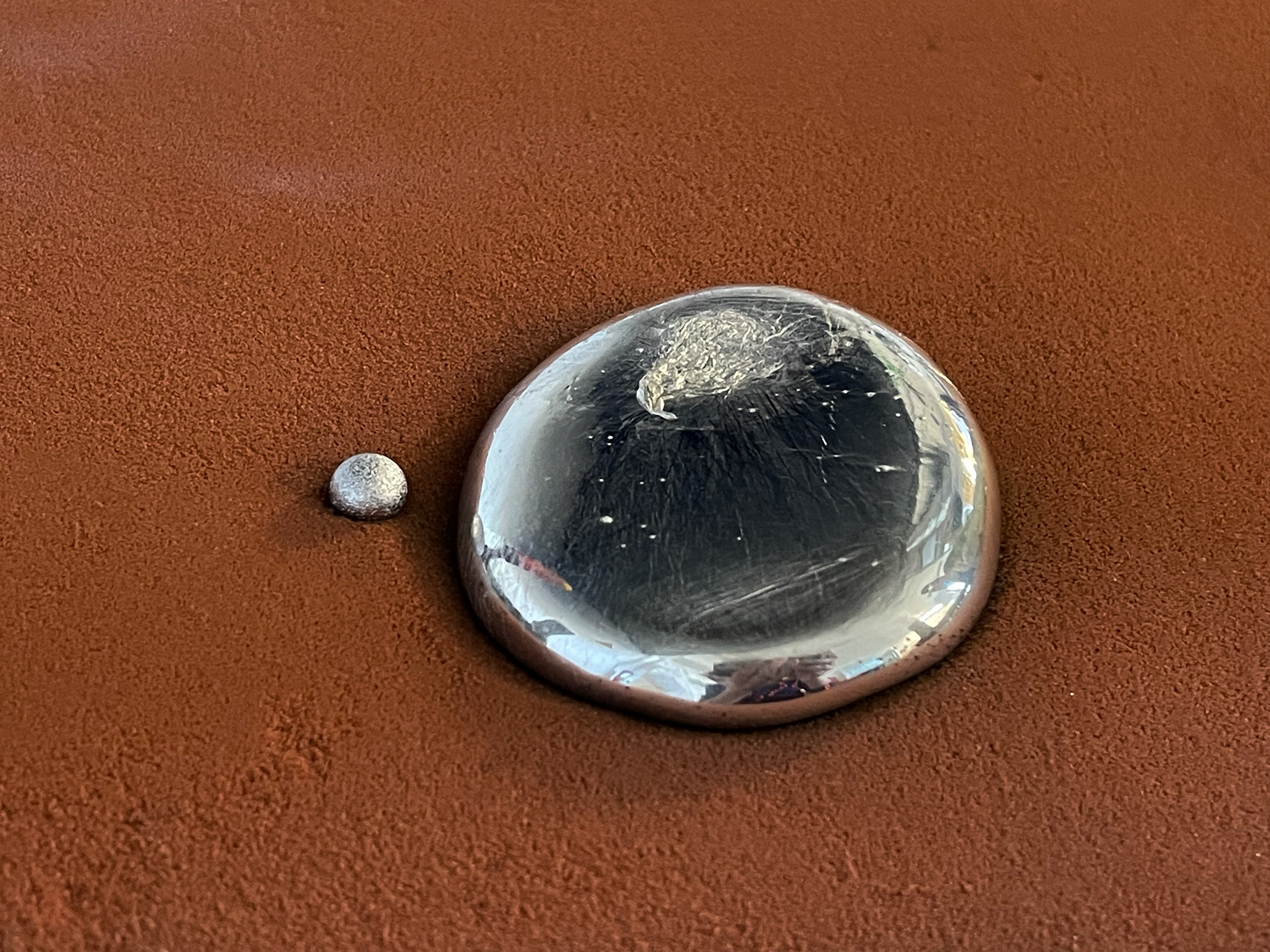< 150km
a future vision on our food system
According to a study by ZALf (Leibniz Centre for Agricultural Landscape Research), a city like Berlin can be fully supplied with food produced within a radius of less than 150km. Using design objects to communicate, the project > 150km envisions an urban society that strives for a direct connection to its food by consuming only products that come from its immediate surroundings.
envisioning a food system for tomorrow:
Every year, millions of tons of food are shipped around the globe to ensure the ready availability of fresh produce in the global North. This long-established food system causes an enormous amount of emissions and food waste. It also puts great pressure on the Third World and developing countries to meet this demand.
By 2050, more than 80% of the world’s population will live in cities, further increasing their dependence on the food industry. So change is needed, and not just to achieve the Green Deal 2030, but a society loses its connection to food production and thus its independence. <150 km envisions what the future could look like if humanity manages to solve these major problems and change its lifestyle to super-local production with strong citizen participation.
According to a study by ZALf (Leibniz Centre for Agricultural Landscape Research), a city like Berlin can be fully supplied with food produced within a radius of less than 150km. Using design objects to communicate, the project <150km envisions an urban society that strives for a direct connection to its food by consuming only products that come from its immediate surroundings. The range of food is defined only by local products. However, they are changing from being places of fast to conscious consumption. Instead of space-consuming discounters, supermarkets are blending into the cityscape and becoming places of social interaction. In 2050, people will no longer go to the supermarket to get something quickly, but to be inspired by what is on offer.
The <150km project represents this reality using various objects. The concept of <150km is transferred to the objects. All products are made from materials sourced in the vicinity of Berlin. Clothes made of linen and hats made of straw. Aesthetic gardening tools made from recycled aluminium to integrate gardening into daily life. Seed banks made of clay to enhance and individualise the seeds. Knives made of recycled steel that have adapted to the changing food culture. This reality is presented through the fictional characters Lilli and Musa, who live in Berlin in the year 2050. These products represent excerpts from their lives.
Laura Laipple, 9 Sem. WS 2021/22 –
project:
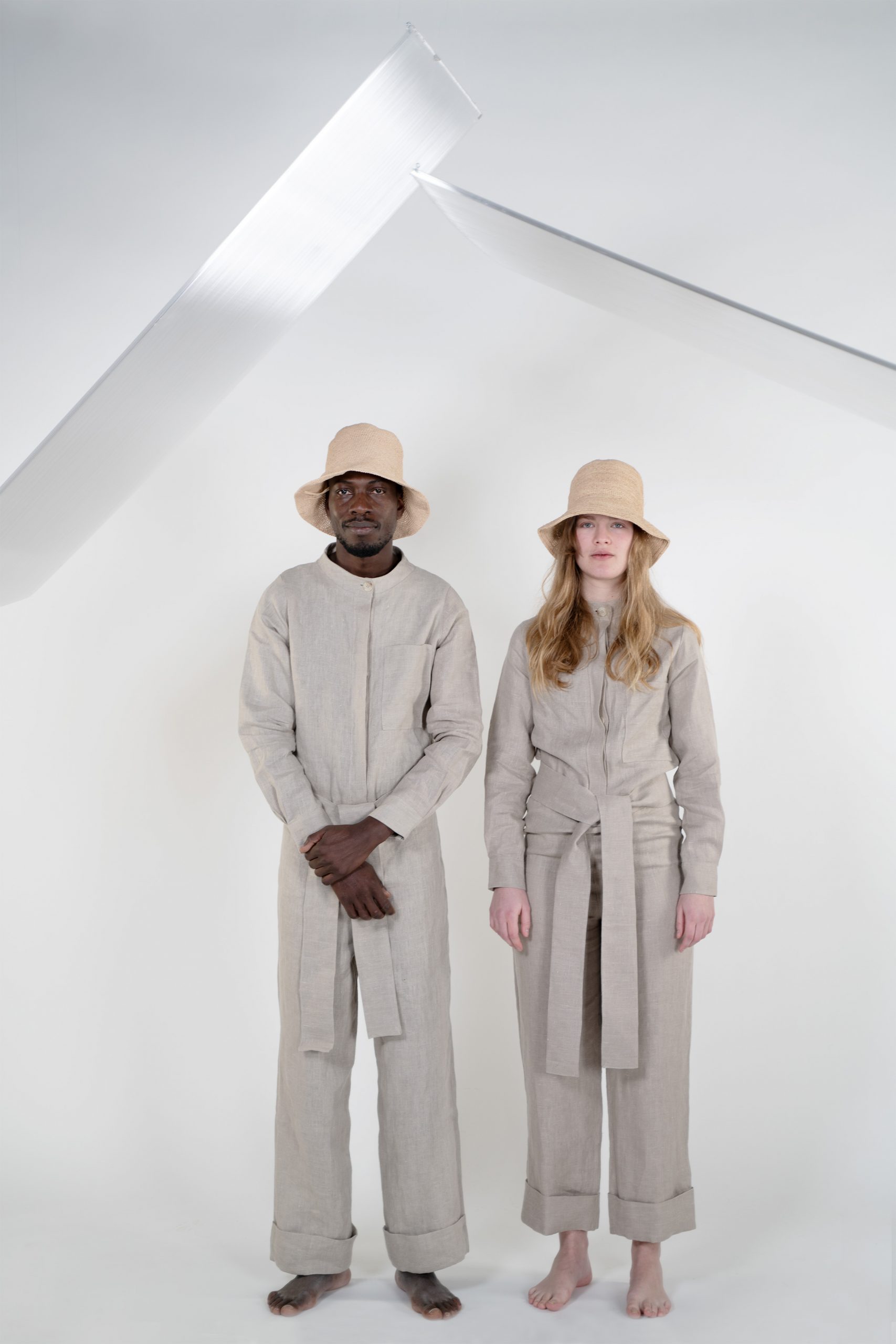
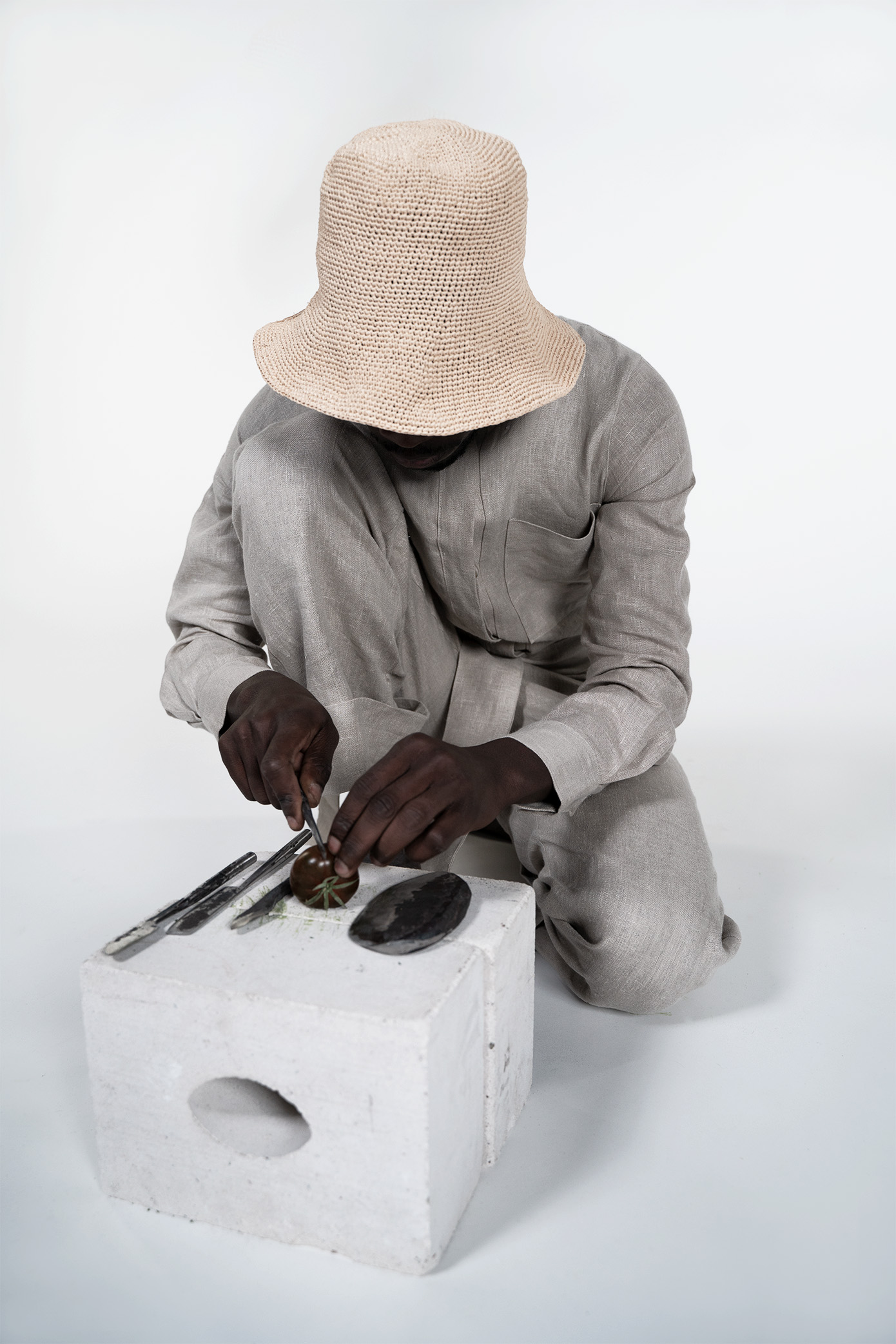
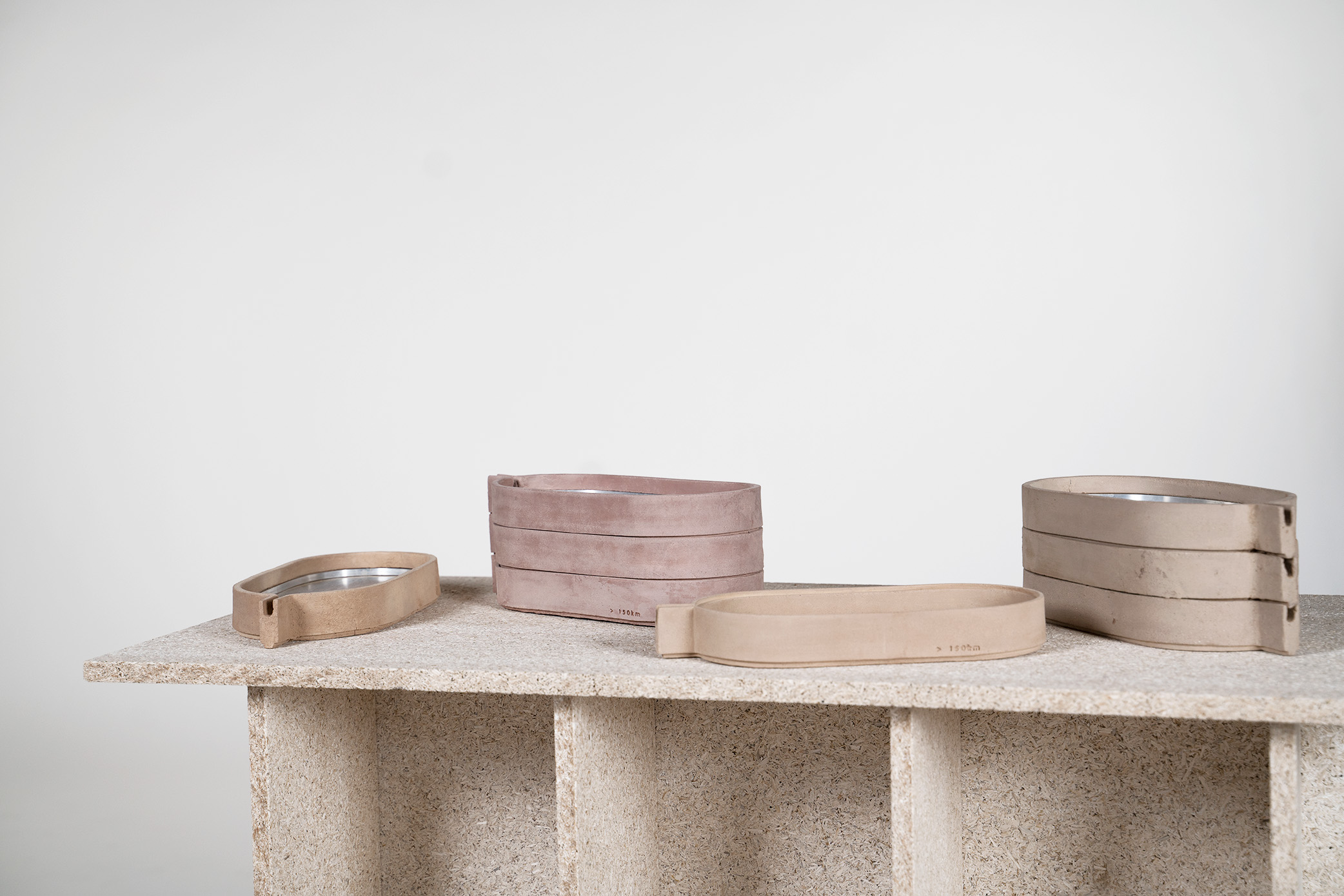
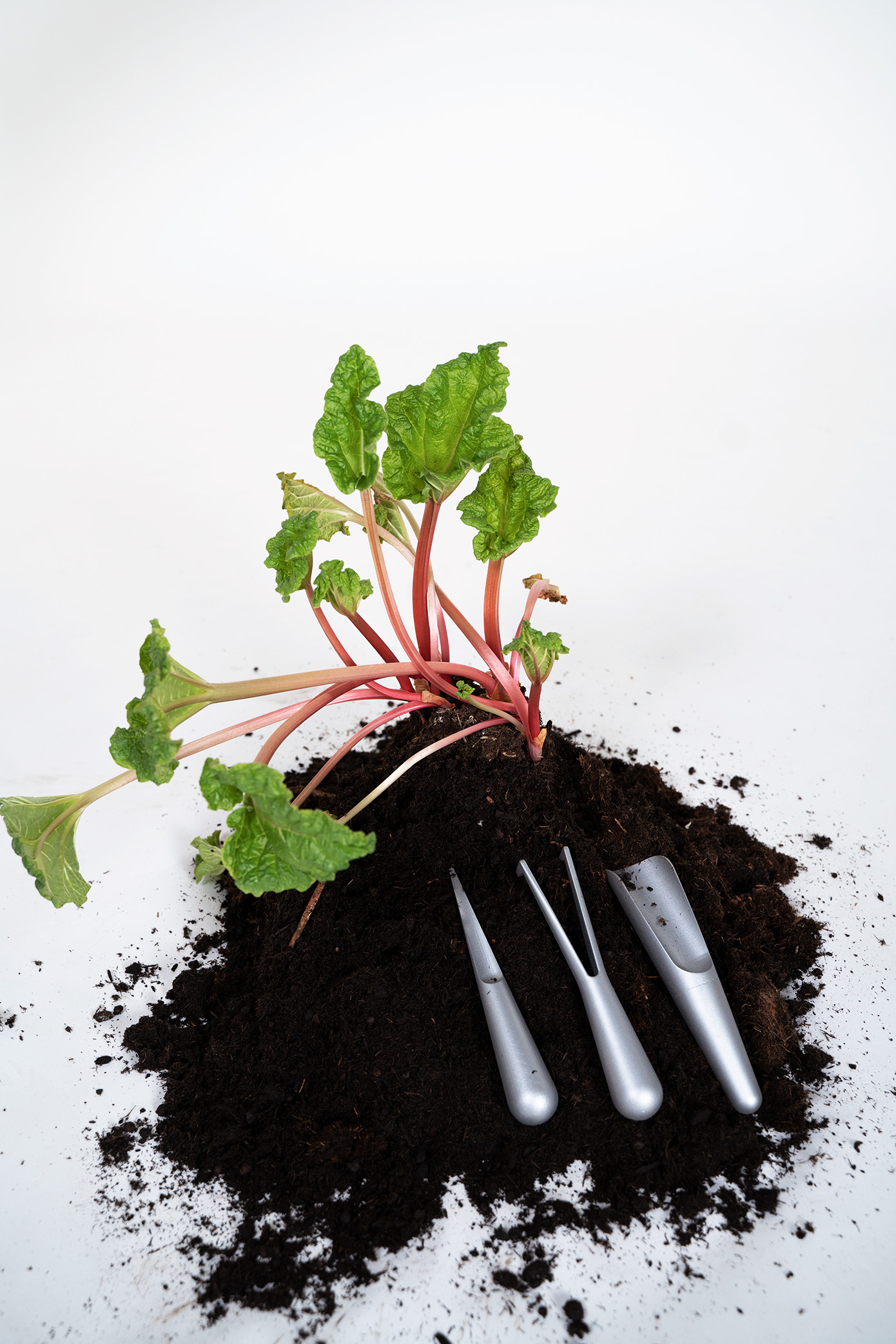
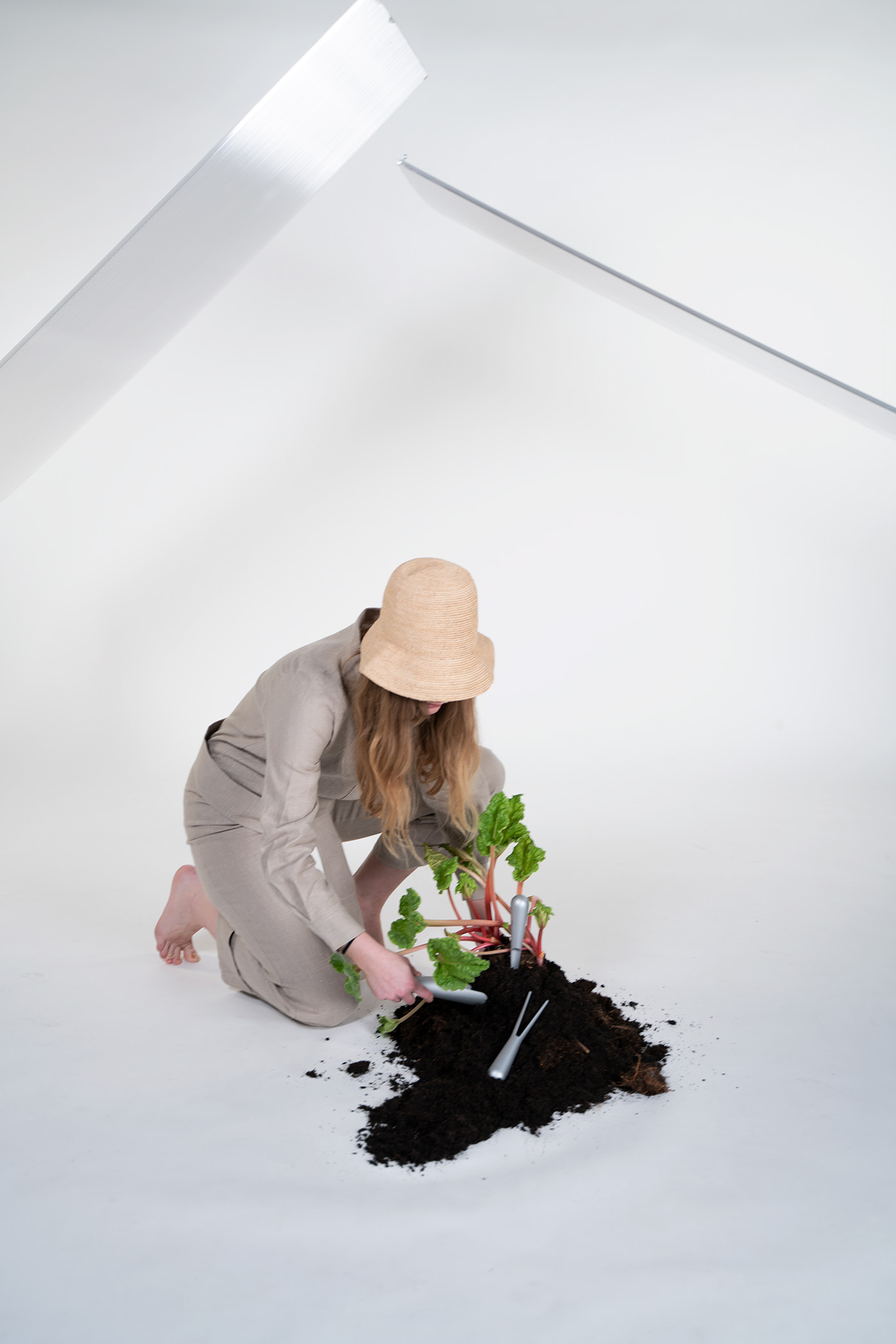
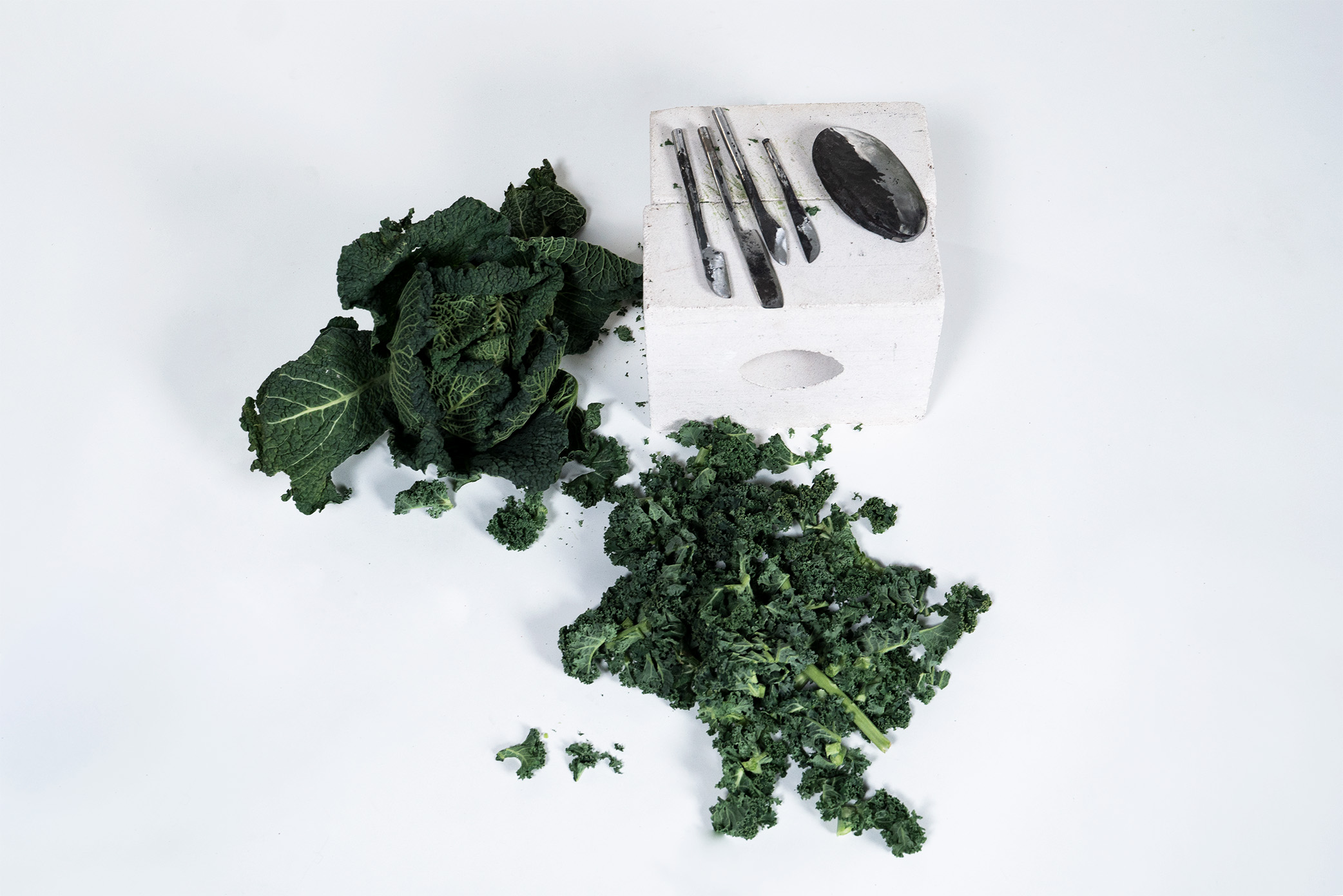
process:
